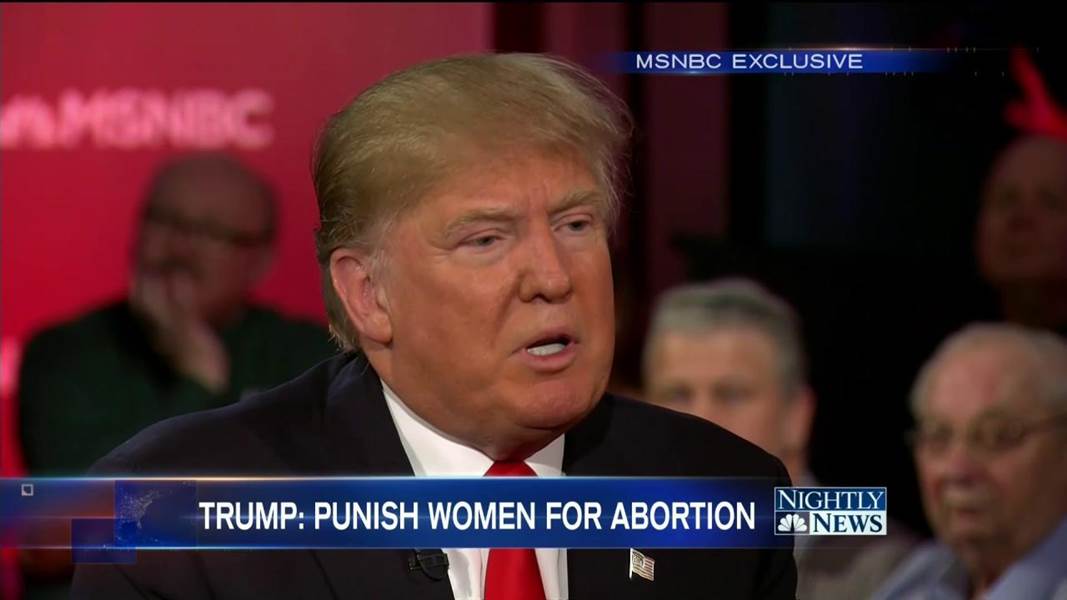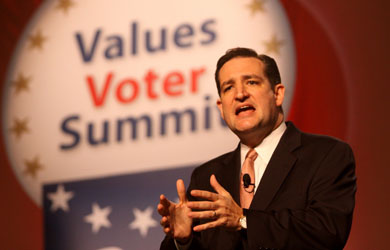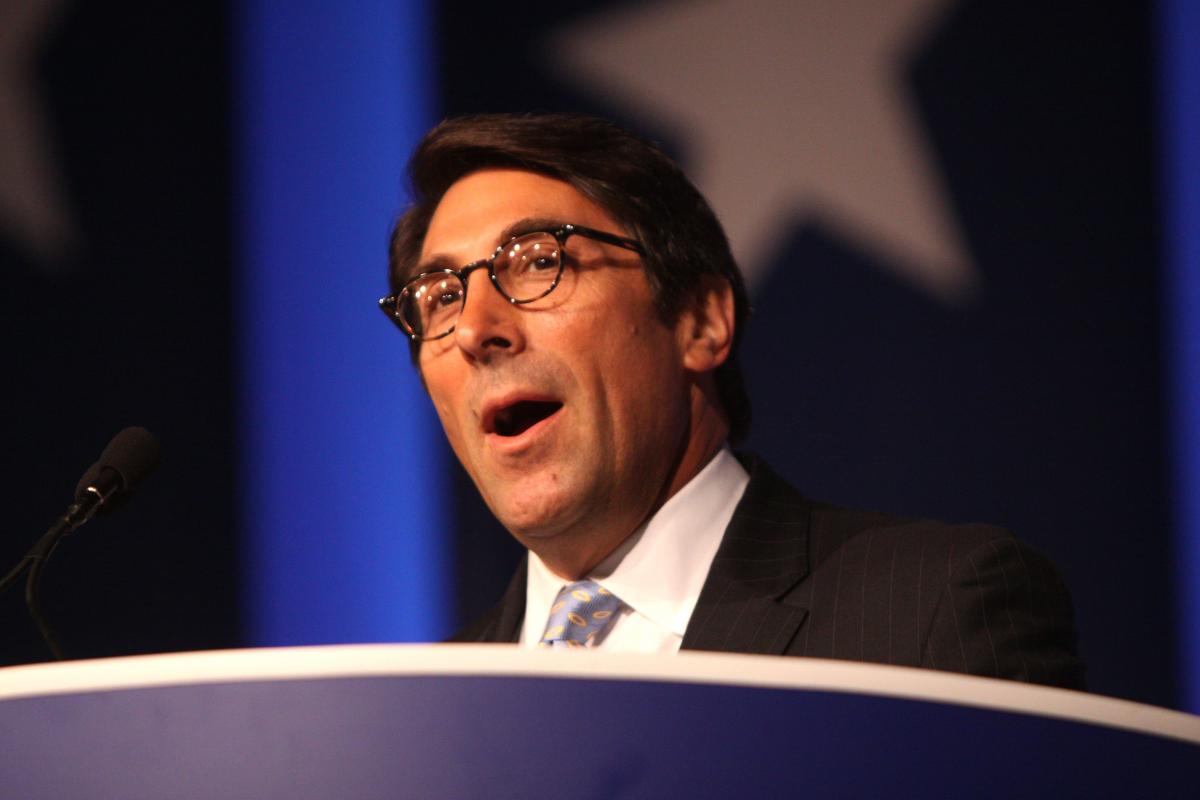Donald Trump’s recent comments — since walked back — about the need to have “some form of punishment” for women who have abortions if Roe v. Wade is overturned, even though those women would be forced to “illegal places” for the procedure, caused the anti-choice movement to go into damage control as all of its carefully honed talking points were dismantled by the man who may be their presidential candidate.
And it turned out that anti-choice leaders are so used to deflecting tough questions about the results of recriminalizing abortion that, when forced to face those questions head-on, they don’t really have any good answers.
Yesterday, Marjorie Dannenfelser, the head of the Susan B. Anthony List, attempted to deflect concerns about women seeking illegal abortions if Roe is overturned by claiming, unbelievably, that illegal abortion wouldn’t be a problem because desperate women would be won over by anti-abortion crisis pregnancy centers instead.
Then, today, Clarke Forsythe, a longtime attorney for Americans United for Life who is now apparently serving as the organization’s acting president, published an op-ed in the Los Angeles Times explaining that women need not worry because, if Roe is overturned, abortion will still be legal in many states. Those states that then want to enact abortion bans, he writes, will probably do it in a way that exempts women from prosecution:
The claim that women will be jailed for abortion when Roe is overturned rests on a second myth: that the Supreme Court’s change of heart will result in the immediate re-criminalization of abortion.
But if Roe were overturned today, abortion would be legal well into the second trimester in at least 42 to 43 states tomorrow (and likely all 50 states) for the simple reason that nearly all of the state abortion prohibitions have been either repealed or are blocked by state court versions of Roe.
Extensive practical law enforcement experience in many states, over many years, is what led prosecutors not to target women. After Roe is overturned, that experience will certainly be influential with state policymakers who wish to effectively enforce abortion law.
Because we recognize that abortion is bad for both mother and child, pro-life leaders do not support the prosecution of women and will not push for such a policy when Roe is overturned. (Obviously, like Trump, any single legislator can spout their idiosyncratic ideas.)
Forsythe also argues that in states that did recriminalize abortion after the overturning of Roe, any criminal penalties on women would probably not be enforced because women who have abortions have traditionally been seen as a “victim” of “male coercion”:
Before the Supreme Court’s 1973 decision in Roe vs. Wade — which legalized abortion for any reason, at any time of pregnancy — state abortion laws targeted abortionists (those who performed abortions), not women.
The states understood that the point of abortion law is effective enforcement against abortionists; that the woman is the second victim of the abortionist; and that prosecuting women is counterproductive to the goal of effective enforcement of the law against abortionists.
Since time immemorial, the law has recognized that male coercion, abandonment or indifference has been at the center of most abortions.
Granted, as many as 20 state statutes technically made it a crime for the woman to participate in her own abortion. But these were not enforced.
Forsythe is one of the most thoughtful legal strategists working in the anti-abortion movement today. And the best answer he can come up with to the question of what would happen to women if Roe were to be overturned tomorrow is that abortion wouldn’t actually be recriminalized in many places and even in places where it was, lawmakers would probably spare women.
Of course, the anti-choice movement’s entire goal is to ban the procedure nationwide.
Donald Trump’s comments on abortion were terrifying. But the GOP frontrunner did a public service by exposing that, when it comes to the tough questions about banning abortion, anti-choice groups are completely unprepared.







